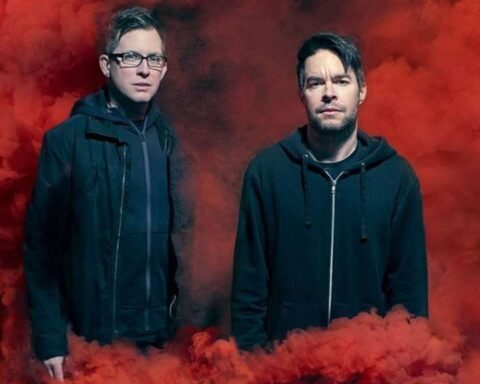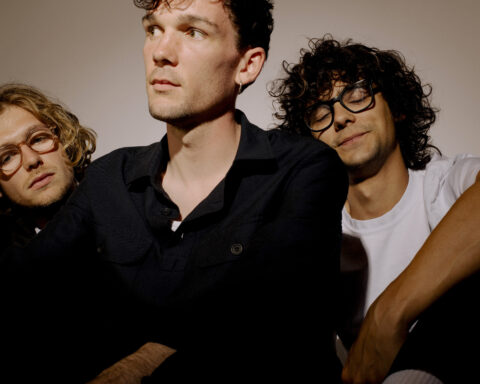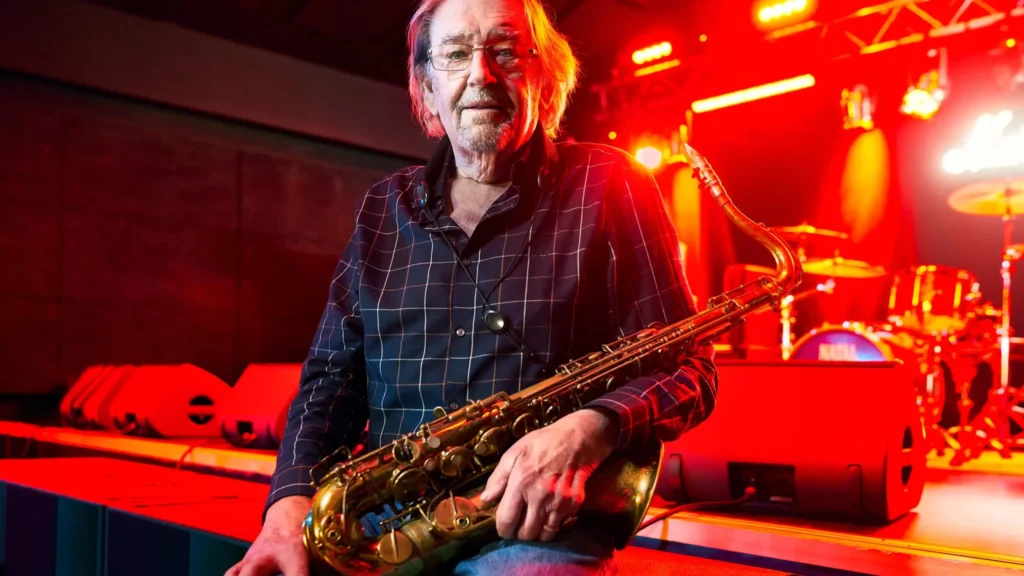Songs of a Lost World, The Cure’s 14th studio album, arrives like a twilight reverie after a 16-year hiatus, presenting a darkly contemplative soundscape that feels timelessly fitting for the band. From the opening notes of “Alone,” where jagged guitars and somber keyboards weave into a brooding, cinematic backdrop, it’s clear the album is unconcerned with modern pop trends or the bright urgency of youth. Instead, The Cure doubles down on what they do best: creating atmospheres of introspective melancholy and a sense of beautiful desolation.
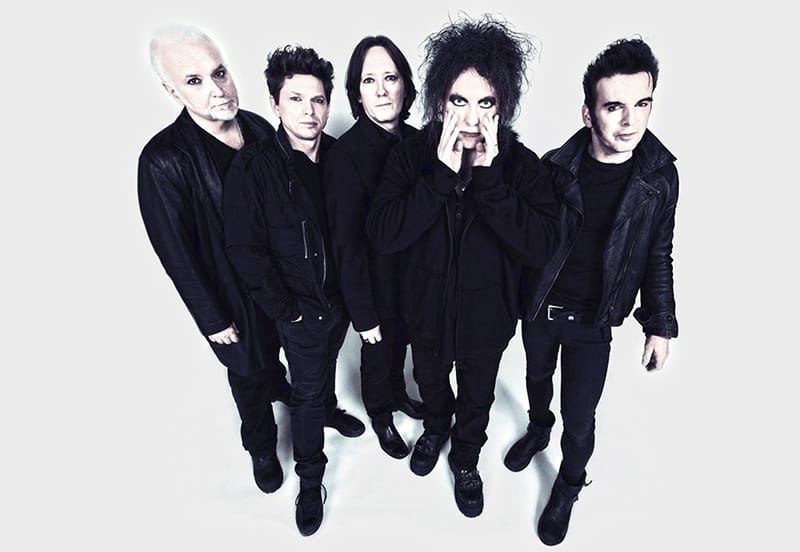
Unlike the upbeat charm of “The Lovecats” or the soaring allure of “Just Like Heaven,” Songs of a Lost World is slow-moving and deliberately restrained, setting a mood more than a pulse. The songs feel patient and weighty, like time-worn monuments to the themes The Cure has always championed—mortality, loss, and introspection. Tracks like “I Can Never Say Goodbye,” a poignant tribute to Robert Smith’s late brother, and “And Nothing Is Forever,” which meditates on fleeting life, showcase Smith’s enduring skill in transforming personal grief into universal emotion. His lyrics, as introspective as ever, still carve a stark beauty out of the bleakest thoughts, offering lines like, “And the birds, falling out of our skies/And the words, falling out of our minds,” that feel both fragile and indelibly haunting.
Musically, the band remains steadfast in its signature style. Simon Gallup’s bass lines stay dark and propulsive, giving the album a steady backbone, while Jason Cooper’s drumming brings a distant thunder that recalls the raw intensity of earlier works like Pornography. Reeves Gabrels’ guitar work adds subtle, textural shifts that flirt with new territory, like the feedback-driven intensity of “Warsong” and the gothic strut of “Drone.” However, even these experiments seem more like quiet echoes of the band’s legacy rather than a step in a new direction.
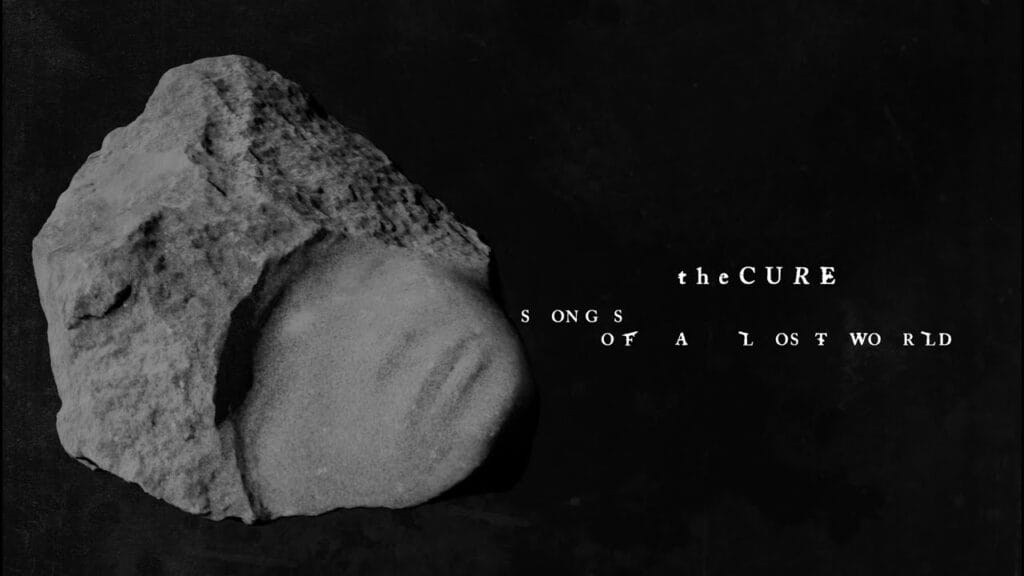
The album as a whole resists any compulsion to evolve into something modern or commercial. This approach might disappoint those looking for the reinvention we saw in Bowie’s Blackstar, but it feels apt for a band like The Cure, who have always built their world by remaining steadfastly themselves. Rather than chasing relevance, they have carved out a stately and minimal sound, allowing each element—each bass note, synth melody, and vocal line—to feel rich and essential.
Songs of a Lost World may not be revolutionary, but it’s deeply resonant. It is a statement of maturity and resilience, a testament to a band that has found power in standing still and watching the world pass by. As Robert Smith intones, “This is the end/Of every song that we sing,” there’s a sense of finality tempered by a quiet grace. With this album, The Cure seem to confirm that their journey, however somber, is meant to endure. They are still here, still haunting, and somehow, even after decades, still inimitably themselves.

